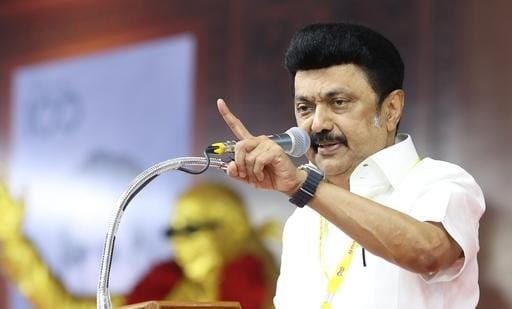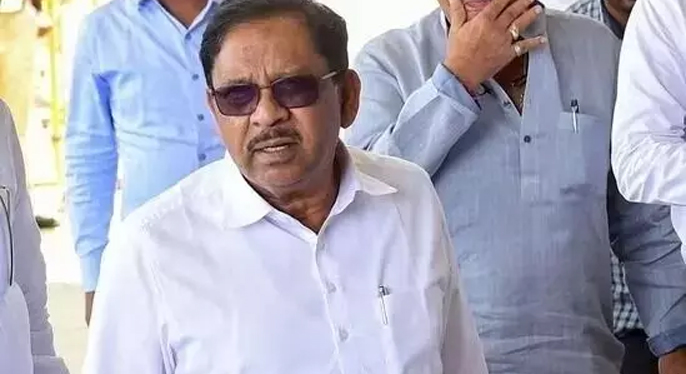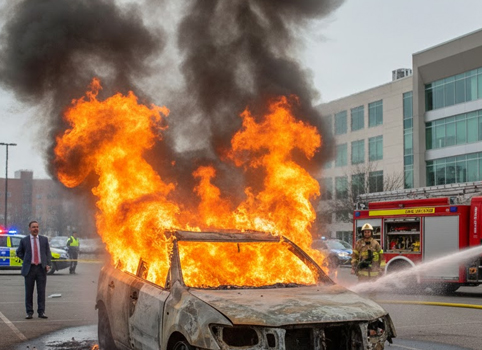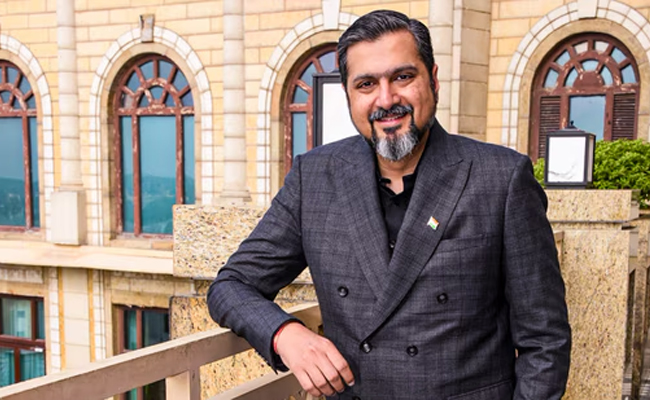New Delhi: Tamil Nadu Chief Minister M K Stalin has written to Prime Minister Narendra Modi, urging him to intervene after Saudi Arabia abruptly cancelled approximately 52,000 Hajj seats allocated to private tour operators. The move has triggered widespread anxiety among Indian Muslim pilgrims preparing for the upcoming pilgrimage.
In his letter, Stalin expressed deep concern over the “sudden reduction” in India’s Hajj quota for private operators, describing the development as a matter of urgent concern. He emphasized that many pilgrims, including those from Tamil Nadu, had already made full payments and were left in distress due to the uncertainty caused by the cancellation.
"I request that the matter may be taken up with the authorities in the Kingdom of Saudi Arabia urgently and seek an expeditious remedy,” Stalin wrote, expressing hope that PM Modi’s intervention would help restore the cancelled quota and provide reassurance to affected families.
India had signed a bilateral agreement with Saudi Arabia in January 2025, finalising a quota of 1,75,025 pilgrims for Hajj 2025. This was split in a 70:30 ratio between State Hajj Committees and private operators—allocating 1,22,517 seats to the former and 52,507 to the latter.
However, Saudi Arabia has now reduced the private Hajj quota by nearly 80 per cent, affecting close to 52,000 Indian pilgrims. The decision reportedly stems from revised policies and stricter timelines for private tour operators, which several failed to meet despite repeated reminders.
In a partial relief, the Saudi government has agreed to India's request to reopen the Hajj Portal for Combined Hajj Group Operators (CHGOs), allowing an additional 10,000 pilgrims to register under the private category.
Let the Truth be known. If you read VB and like VB, please be a VB Supporter and Help us deliver the Truth to one and all.
Tumakuru (PTI): Karnataka Home Minister G Parameshwara on Saturday said his recent remarks on the demolition of properties linked to those involved in narcotics trade were "misunderstood and misinterpreted".
His clarification follows remarks made two days ago on the government's uncompromising crackdown on the drug menace, including action against properties linked to foreign nationals allegedly involved in drug trafficking.
"It is unfortunate. It is taken in the wrong sense. I didn't mean that tomorrow itself I am going to send bulldozers and demolish the houses. That was not my intention. It was wrongly taken," he told reporters here.
Responding to Congress MLC K Abdul Jabbar's question in the legislative council on the growing drug menace in Bengaluru, Davangere and coastal districts, the minister on Thursday detailed the extensive enforcement measures initiated since the Congress government assumed office.
Pointing to the involvement of some foreign nationals, the minister had said, "Many foreign students from African countries have come to Karnataka. They are into the drug business. We catch them and register cases against them, but they want the case to be registered because once the case is registered, we cannot deport them."
"We have gone to the extent of demolishing the rented building where they stay," he had said.





